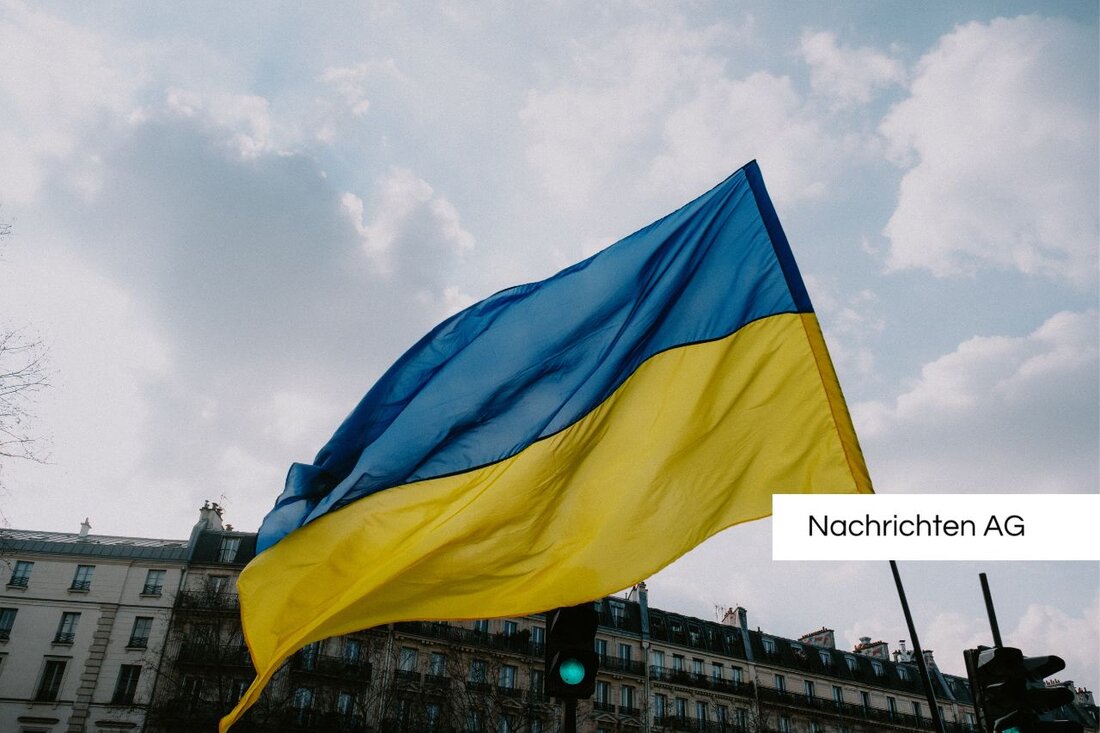New management for Vienna's immigration: Garfias assumes honorary role!
On October 8, 2025, Nicole del Carmen Garfias will take over the management of Vienna's MA 35, responsible for immigration and citizenship.

New management for Vienna's immigration: Garfias assumes honorary role!
On October 8, 2025, Nicole del Carmen Garfias was appointed as the new head of the Immigration and Citizenship Department (MA 35) of the City of Vienna. Mayor Michael Ludwig presented her with the appointment decree in the presence of other city representatives. Garfias succeeds Georg Hufgard-Leitner, who has headed the elections and various legal matters department (MA 62) since June 2025. The MA 35 department plays a central role as it is responsible for all immigration and citizenship procedures in Vienna, including the reacquisition of citizenship for Nazi victims and their descendants.
Nicole del Carmen Garfias studied law at the University of Vienna and completed her studies in 2015. She started working for the City of Vienna in 2019 and worked in MA 40 (Social Affairs) until 2022. As a result, she was active in the crisis management and security group until 2024, before taking on the position of deputy department head in MA 35 in July 2024. The department has a large team of around 850 employees who process around 150,000 procedures annually to ensure that Vienna acts as a leading location for naturalization in Austria.
Responsibilities and reforms of the MA 35
The MA 35 has to cope with a variety of tasks, which include, among other things, the handling of the federal law on the settlement and residence of aliens in Austria as well as the implementation of the Vienna Foreigners' Real Estate Acquisition Act. An important aspect of their work is also the initial information for new immigrants and the issuance of passports in connection with naturalization. Other tasks include changes to the population register regarding immigration, citizenship and personal status law.
The department has undergone major reforms in recent years that have reduced immigration processing times by around a third. This made it possible to multiply the capacity for citizenship application appointments, ensuring better telephone accessibility and increased service orientation. However, the reform process of MA 35 does not end here, but is transformed into a continuous improvement process. It is crucial that the department responds flexibly to changes and adapts its way of working to ensure the quality of decisions after the integrated management system is completed.
Vienna and its multicultural diversity
Vienna is considered one of the most diverse megacities in the EU, with around 44.4% of residents being of foreign origin. This diversity is part of the city's newer multicultural character. Historically, Austria, particularly Vienna, has a long tradition of migration dating back to the time of the Habsburg Monarchy. In 2023/2024, Vienna will be the fifth largest city in the EU, and forecasts show that the country's population growth would stagnate without immigration.
Austria has a high migrant population, with 13.2% of the resident population being migrants. This trend must be viewed in the context of geopolitical developments and crises that influence demand for migration. In the recent past, Austria has welcomed thousands of refugees from various regions, especially from Ukraine, which underlines the need for effective migration and integration policies.
Migration policy in Austria has been a central issue in domestic and foreign policy since the late 1980s. Political actors use the issue of migration to mobilize voters. The naturalization rate in 2022 will remain low at just 0.7% because many migrants in Austria do not have the right to vote. The challenge remains to keep Vienna attractive to people from all over the world while the Immigration and Citizenship Department continually works to improve its processes.
Overall, the new developments in MA 35, led by Nicole del Carmen Garfias, face the challenge of operating successfully in a constantly changing environment with high demand for immigration services. These change processes are crucial for Vienna's future as a lively and diverse city.

 Suche
Suche
 Mein Konto
Mein Konto